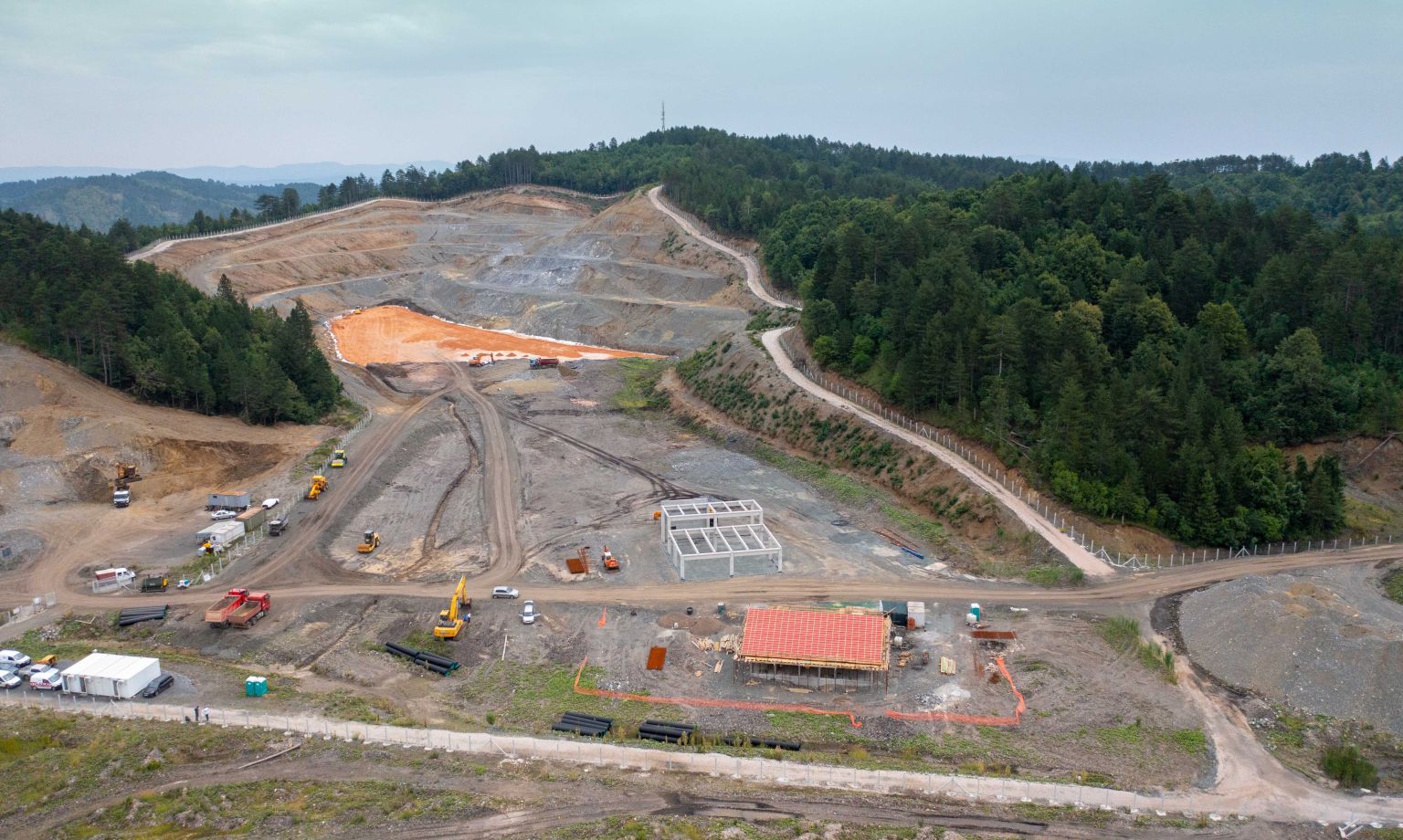 Photo: Municipality of Banovići
Photo: Municipality of Banovići
 Photo: Municipality of Banovići
Photo: Municipality of Banovići
As we are publishing the first BiH SuTra blog post, the annual meeting of the United Nations Framework Convention on Climate Change (UNFCCC) has just wrapped in Dubai.
Conference of the Parties (COP) holds a unique place in the calendar, and it captures undivided media attention on sustainability, climate change, and energy transition.
Amplifying voices from the local level in the international arena
This year, for the first time, the COP presidency organized and integrated into the program a summit, acknowledging the pivotal role local leaders play in emissions reduction, climate risk mitigation, and catalysing national endeavours for accelerated climate progress. The COP28 Local Climate Action Summit drew together an impressive assembly of over 450 participants from 60+ countries, featuring more than 250 mayors and governors. The summit's focus centred on driving greater integration in four key areas: transforming local climate finance, integrating local contributions to enhance global action, fast-tracking the local energy transition and strengthening local resilience and adaptation.
A standout initiative unveiled during the Local Climate Action Summit was the "Coalition for High Ambition Multi-Level Partnerships" (CHAMP), introduced by the COP28 Presidency and endorsed by 63 governments, including representation from the Western Balkans region. The commitments embedded within CHAMP emphasize consultation with subnational entities, collaborative endeavours in shaping and executing national strategies, and the establishment of inclusive processes to elevate Nationally Determined Contributions (NDCs).
The summit urged countries to establish formal forums for dialogues with local climate leaders and should deliver both public and private finance for local action.
Driving sustainable transitions: A bottom-up approach with local leadership
Local governments are proactive in solving the issues of sustainable transition. Many cities and municipalities in Bosnia and Herzegovina are taking climate action through the Transnational Municipal Networks (TMNs), such as the Covenant of Mayors. As of November 2023, 61 local governments from BiH signed the Covenant. They pledge to embrace a comprehensive approach to both climate change mitigation and adaptation. The collaborative efforts also extend to coal regions through the Coal Regions Exchange Program. This program supports peers’ experiences and reflections about challenges and developments that help to accelerate their own clean energy transition, fostering shared insights. Additionally, the regular participation of BiH actors in meetings of the Just Transition Platform underscores the significance of their contributions. But what makes this local engagement so crucial?
The science tells us that multilevel governance works. New empirical analysis is showing that power plants emit less CO2 when nested in cities that are members of TMNs. A recent report from Belgium outlines that effective governance and coordination will be key to transform the economy and the labour market, concluding that successful reconversion of skills and workers from carbon-intensive to low-carbon activities is possible. The report also emphasizes that local authorities need to take megatrends into account when planning, such as demography and digitalization. Driving sustainability transitions is difficult but necessary work, and this journey is not a sprint but a marathon. A gradual approach allows thoughtful planning, adaptive strategies, and continuous improvement.
Local governments navigate a very intricate path. Their bottom-up initiatives become crucial building blocks in the marathon toward a sustainable and resilient future.
Multilevel governance and streamlined climate finance are needed for the way forward
In the evolving landscape of the Western Balkans, multilevel governance emerges as a central factor, with a particular emphasis on supporting local authorities. Establishing clear roles and responsibilities for implementation is paramount. However, fostering collaboration and underscoring the shared benefits of sustainability are equally vital. This is exemplified by the Green Agenda for the Western Balkans (GAWB), which brings forth complex demands that require careful consideration and effective addressing. By emphasizing these aspects, stakeholders can navigate resistance and cultivate a culture of openness to change.
There is a pressing need to enhance and streamline climate finance. This would allow for the more rapid deployment of urgently needed finance while also better serving local needs. The critical social dimension of the transition is necessitating robust support systems for societies undergoing significant changes. There is an urgent need for the establishment of the Western Balkans Just Transition Mechanism, as proposed and outlined in the GAWB, to support local authorities in coal regions during the transition process.
In the pursuit of sustainable transitions, global collaboration takes center stage. However, political will and leadership are instrumental in fostering sustainability on a local level, within their own communities. As regions in BiH navigate these macro trends, a collective commitment to multilevel governance, enhanced access to finance, and global collaboration will be decisive in shaping a sustainable and resilient future for BiH and the Western Balkans.
Text by Saša Solujic, BiH SuTra Project Manager
Discover the News and Updates section, delivering the latest updates and insightful content across various topics. Stay informed with most recent news articles, reports, and publications, of the BiH SuTra project.